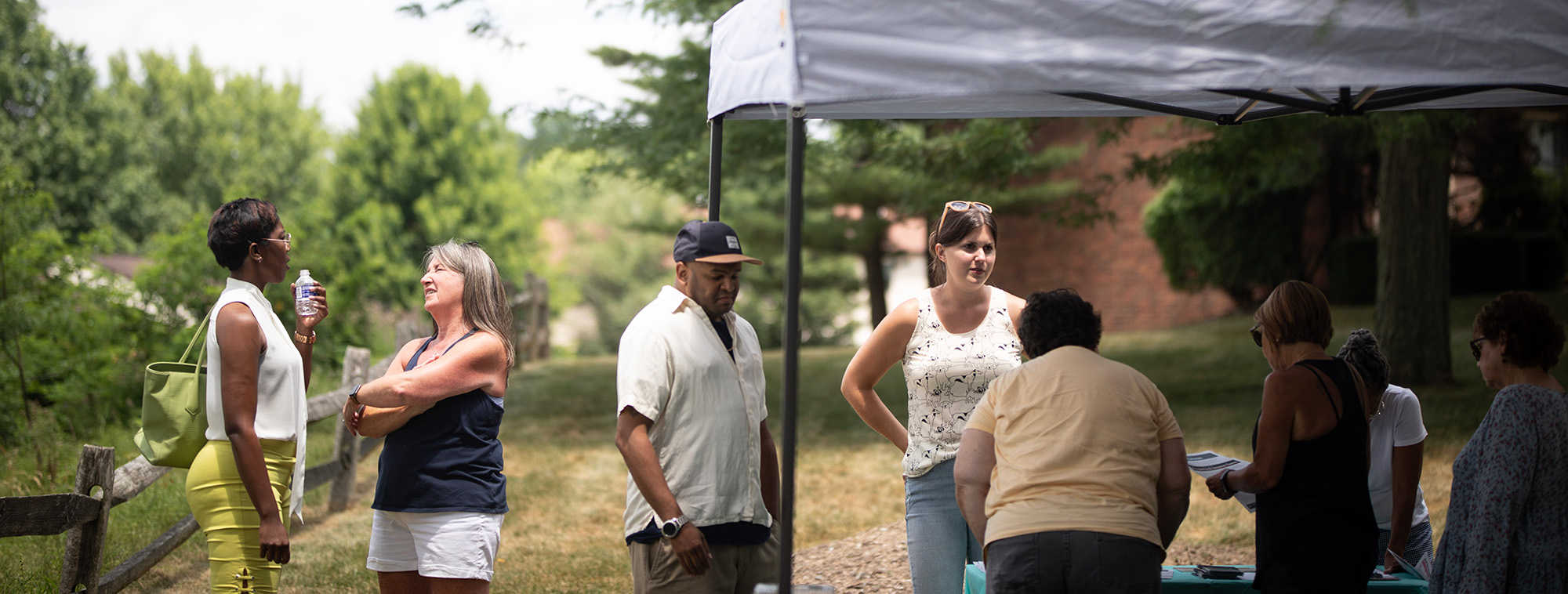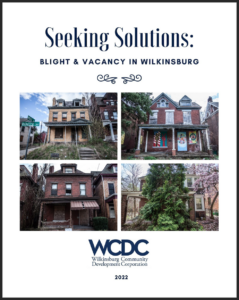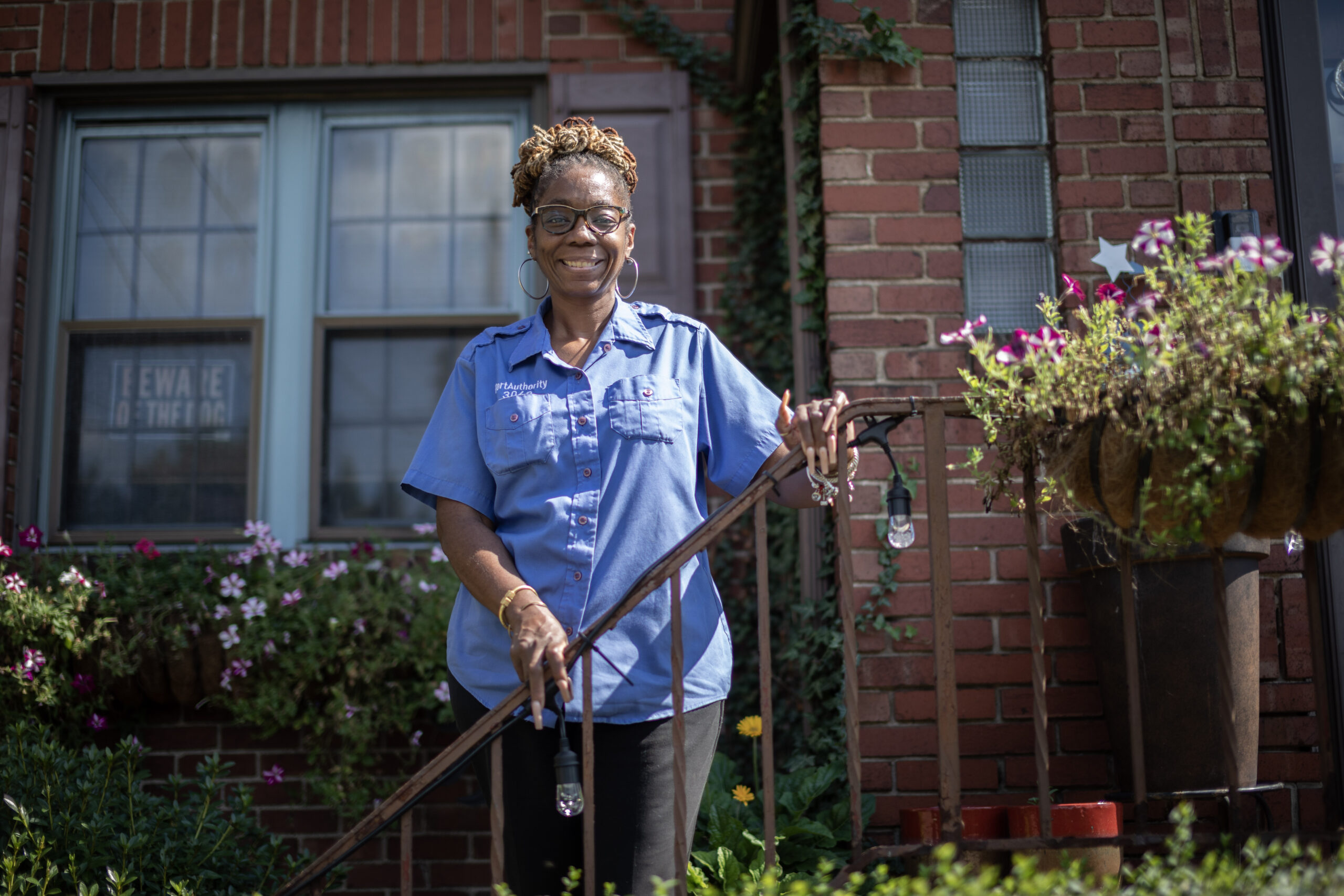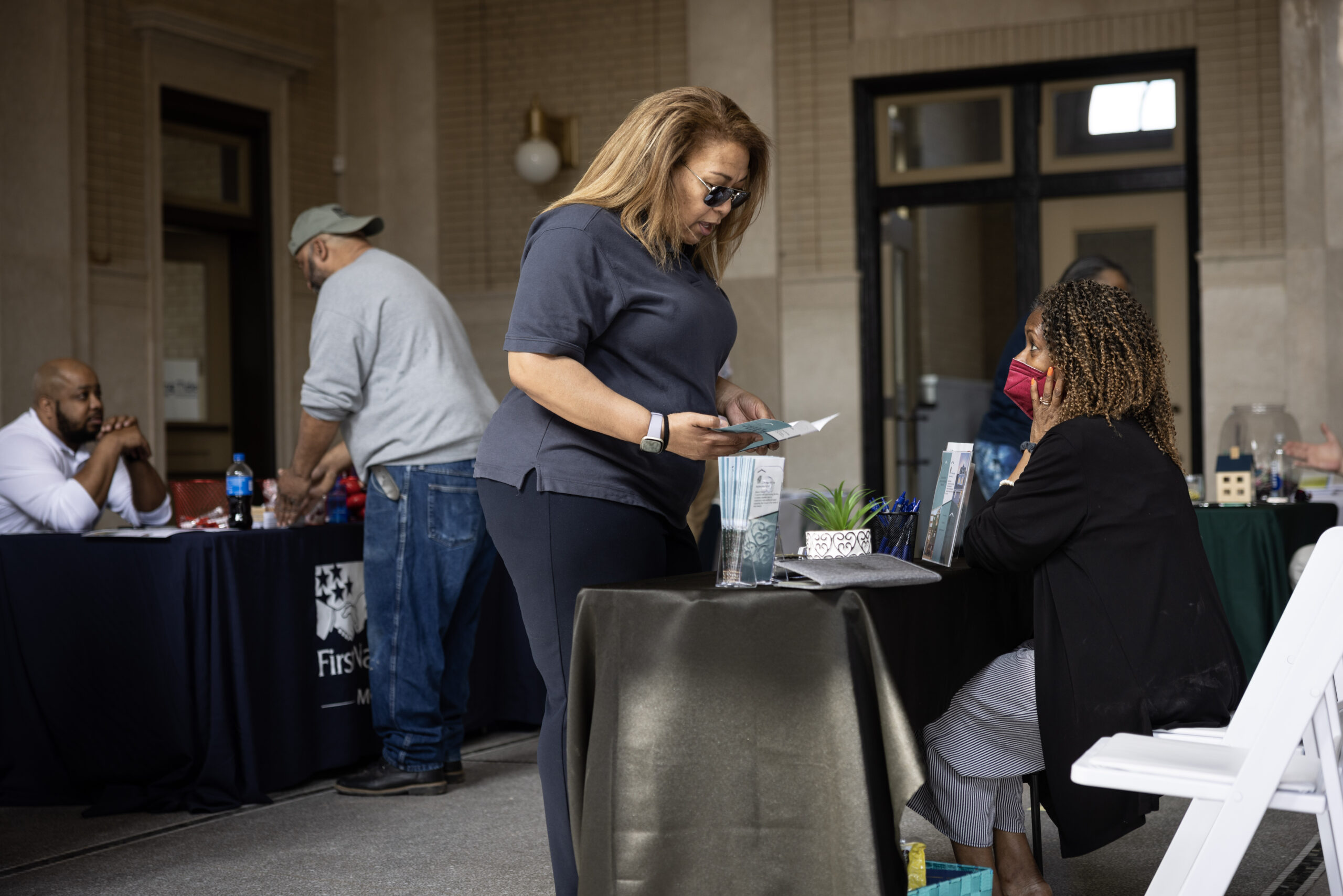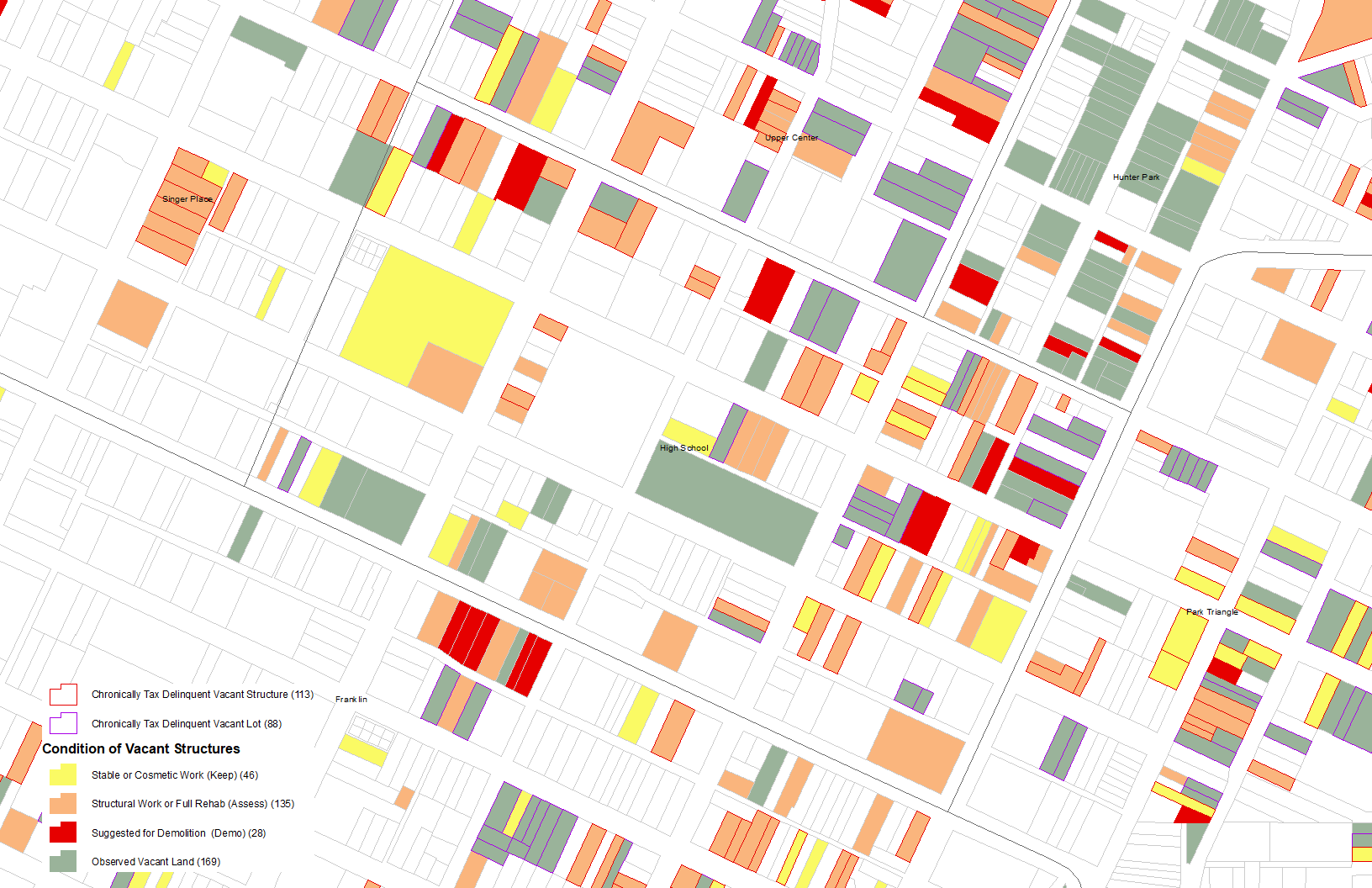Strong Neighborhoods Initiative
At the WCDC, we work directly with residents to increase capacity and encourage participation in the improving the community. We do this through technical assistance, educational opportunities, financial support, and more. Check out our current resources and programs.
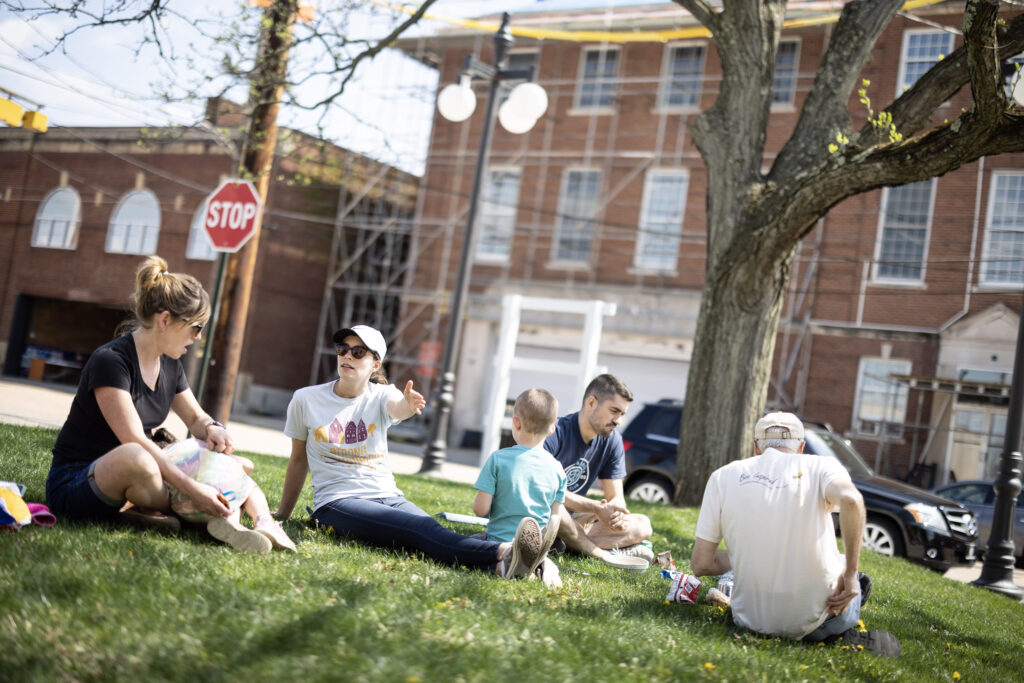
The WCDC invited 350 Wilkinsburg stakeholders to participate in a visioning process from June to August 2020. Because large community gatherings could not be held during COVID-19, participants engaged in a series of surveys and Zoom sessions to replicate the community meeting process.
In the findings, it is noted that the high property taxes seem to be the root cause of increasing numbers of people abandoning their properties, families moving from Wilkinsburg, lack of investment and improvement in the business district, and the perception of crime and resistance to change. As a result, one of the two recommendations included the formation and ongoing management of a Strong Neighborhoods Committee in order to dive deeply into the issues related to property management and viability. This committee officially launched in October 2020.
Through virtual meetings, the committee shared available tools and resources and provided a platform for residents to voice concerns, ask questions, and share lessons learned. Committee members helped shape the meeting schedule, make vacant property inventory updates, and support outreach efforts.
Participants were recruited through word-of-mouth and borough-wide channels. Residents were asked to fill out an outreach form to help the committee understand which neighborhood they were from and what their interests were.
The monthly meetings ended in May 2021, as the committee transitioned into individual neighborhood conversations and 23 conversations were held across the 19 neighborhoods.
A full report on the WCDC and Strong Neighborhoods work around vacant property is available for review. Officially completed in January of 2022, Seeking Solutions: Blight & Vacancy in Wilkinsburg, a comprehensive report on the status of vacancy across the borough and has become the basis for several new efforts to support Wilkinsburg based on the needs and ideas shared by residents.
